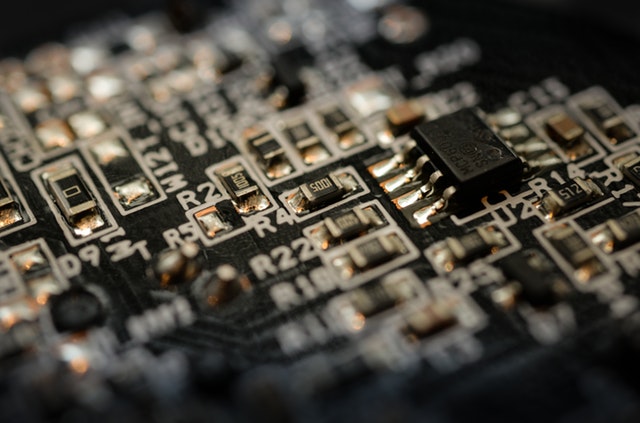Electronic waste, also called e-waste, is the name for electronic devices that have come towards the end of their useful life, are outdated, or have been replaced. The most common devices include computers, monitors, televisions, stereos, copiers, printers, fax machines, cellphones, DVD players, cameras, batteries, and many more electronic devices. These used electronics can be reused, resold, salvaged, or recycled.
However, more often than not, your old electronics either sit in a drawer collecting dust or gets tossed out with last months uneaten leftovers. The problem with throwing these devices out is that they are overflowing our landfills and this could be very dangerous.
Most electronics are made with toxic chemicals and metals that are perfectly safe when in use, but that’s not the case when they are being tossed away; they can pose serious health risks if they seep into the soil and groundwater when deposited at a landfill.
The amount of electronic waste produced each day is growing enormously around the globe and the recycling of valuable elements contained in e-waste, such as copper and gold, has become a source of income, mostly in the informal sector of developing or emerging industrialized countries, according to the World Health Organization (WHO).
What Are The Effects of Electronic Waste Pollution?

The main issue of disposing of computers and other electronics is that they contain toxic materials such as lead, zinc, nickel, flame retardants, barium, and chromium. When electronic waste is dumped into landfills, toxic materials can seep into the soil and groundwater, affecting not only our health, but also land and sea animals.
The people most in danger of this are people in developing countries where most of the electronic waste is dumped.
E-waste is especially dangerous during the summer months because when electronic waste gets heated, toxic chemicals are released into the air, further damaging the already volatile atmosphere; this is one of the biggest environmental impacts of e-waste.
Specifically with lead. If lead is released into the environment, it can cause damage to human blood, kidneys, as well as central and peripheral nervous systems.
E-waste By The Numbers
According to the EPA, e-waste is the fastest growing stream of municipal waste in the United States. And even though e-waste currently only represents 2% of America’s trash in landfills, it equals 70% of the overall toxic waste.
Two percent may seem like a small amount, but globally, approximately 50 million metric tons of e-waste are disposed of each year.
Fun fact: some electronic devices, like cell phones, contain high amounts of precious metals like gold or silver. This means that, unknowingly, Americans throw away over $60 million in gold/silver every year.
The name electronic waste, or e-waste, is very misleading because it makes it seem as though these devices no longer have any value—that is simply not true. Many of these devices aren’t waste at all, but are actually easily recycled for reuse.
Making A Change For The Better

There have been numerous international calls for action during the past decade that have attempted to highlight the need for global interventions in the continually growing field of e-waste.
According to WHO, these initiatives include:
- The Libreville Declaration that came about during the first Inter-Ministerial Conference on Health and Environment in Africa 2008.
- The Busan Pledge for Action on Children’s Environmental Health of 2009.
- The Strategic Approach to Integrated Chemical Management’s expanded Global Plan of Action issued at the International Conference on Chemical Management ICCM3 in 2012.
Thankfully, these initiatives have had the desired effect because, currently, there are a number of these in the works that are addressing issues with environmental pollution due to e-waste, global e-waste management, and trade concerns.
Great Lakes Electronics
Don’t let your electronic waste be part of the problem. Instead of tossing it, bring it to an experienced electronics recycler like Great Lakes Electronics. We have years of experience recycling end-of-life electronics in an environmentally-friendly fashion.
We consider ourselves environmental stewards and believe that it is our duty to do what we can to preserve our environment and leave it better for future generations through our environmental commitment. No one is above doing their part, including us. This is why all of our locations have a zero-landfill policy. We promise not to contribute to the global problem but rather try and make it better.
If you have any questions feel free to contact us, or if you want to get a better idea of pricing request a quote.

